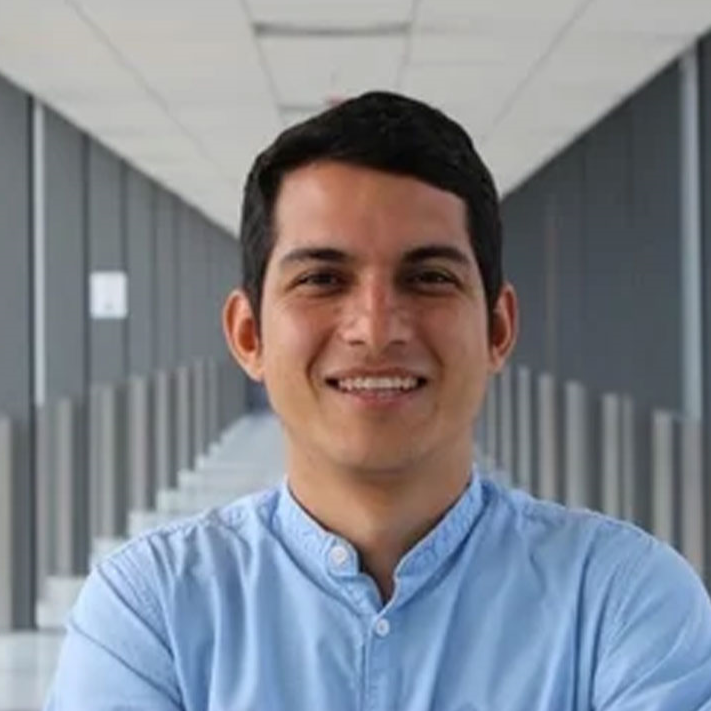Biocybernetic Frontiers: NASA's Physiologically Adaptive Systems for Performance Enhancement and Conflict Resolution
When: Thursday, October 17, 2024 - 2:00 PM (Eastern Time)
Discover NASA Langley Research Center's latest advancements in biocybernetics. In this webinar, join us for an in-depth look at two transformative systems that merge human physiology with cutting edge technology to enhance performance and interaction across various domains.
Pervasive Biocybernetic Adaptation
This pioneering system extends the benefits of biofeedback training beyond traditional clinical settings, seamlessly integrating into daily life. By adapting to your environment–be it in a home or car—based on real-time signals, it fosters sustained cognitive self-regulation and well-being. With applications ranging from pilot training to stress management, and gaming, this technology empowers individuals to enhance their daily lives and achieve peak performance.
More information on this technology can be found here.
Biocybernetic VR/AR Training System for De-Escalating Conflict
This innovative virtual/augmented/mixed reality (VR/AR/MR) system offers an immersive approach to conflict de-escalation by adapting virtual environments to the user’s feedback. Through engaging with simulated scenarios and virtual characters, users receive real-time feedback on their emotional and cognitive states. This adaptive technology not only improves social skills and decision-making under stress, but also enriches VR gaming experiences. NASA has tailored this technology for de-escalation training, aiming to reduce physical responses in situations such as customer service interactions, flight attendant-passenger interactions, or police encounters.
More information on this technology can be found here.


Dr. John E. Muñoz, PhD.
Dr. John E. Muñoz has an extensive background in human-computer interaction, assistive technology design for aging populations, and physiological computing applied to games, simulations, and social robots, taking an interdisciplinary approach to his research agenda. John is originally from Colombia and obtained his Ph.D. from the Universidade da Madeira in Portugal in 2018 conducting research under the CMU/Portugal partnership, and most recently worked as a postdoctoral fellow and adjunct professor in the Systems Design and Engineering Department at the University of Waterloo. John has previous industry experience as a UX Research Scientist and consultant, including collaborations with researchers from NASA Langley.

Dr. Alan Pope
Dr. Alan Pope is a pioneering engineer-psychologist at NASA, studies how cockpit design affects crew performance. He is well known for his research on pilot vigilance ("hazardous awareness states") and biocybernetic adaptation (technology adapting to humans). Dr. Pope retired from civil service in 2016 and is currently Distinguished Research Associate at LaRC conducting research with Brain-Computer Interface (BCI) technologies for future human factors applications in cognitive training, system adaptation and human-autonomy teaming. Dr. Pope’s research has developed human response measurement technologies to assess the effects of advanced crew station concepts on the crew’s ability to perform flight management tasks effectively.

Chad L. Stephens
Chad L. Stephens is an aerospace technology researcher with NASA Langley Research Center in the Crew Systems and Aviation Operations Branch since 2009. Mr. Stephens earned a B.S. in Psychology and a M.S. in Psychophysiology. He has performed extensive research in the field of human factors, with over 10 years of experience in the conduct of human subject research, experiment design, and aeronautics.



